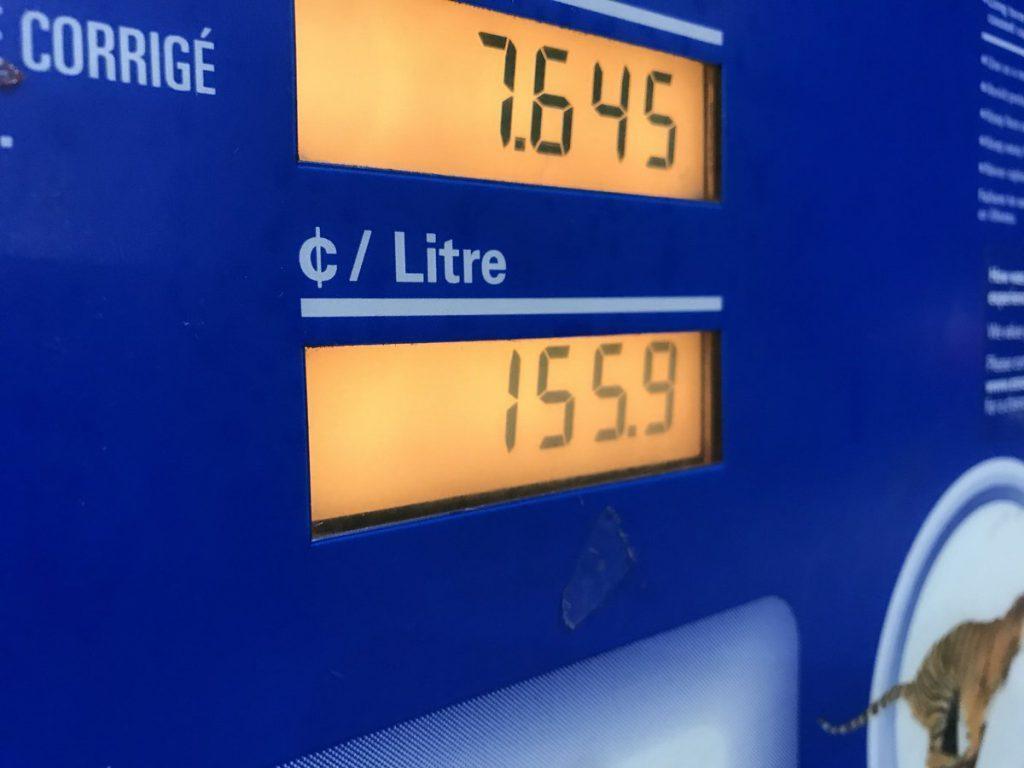By ANA MAE NASSAR
With gas prices on the rise around Metro Vancouver you may be one of the many people looking to get into a car share service.
While it’s hard to say whether their increase spike interest is a direct result of soaring fuel prices, one company says it is hearing from members about it.
“I can tell you anecdotally that we do get lots of member feedback around gas pricing, and those saying that they’re using Evo car share more because of the spikes in gas and the overall increases in vehicle ownership,” explains Tai Silvey, director of Evo.
He adds the company has seen a steady rate of sign-ups since it became available a few years ago, and the number of vehicles in their fleet has also increased significantly.
Gas prices were pushed even higher this month after a hike to BC’s carbon tax. This comes after fuel prices hit an all-time high in Metro Vancouver this past March.
The pain at the pumps has forced many to look at alternatives when it comes to transportation. Depending on how you look at it, that could include car shares.

“This might be part of the high cost of living in Vancouver, including gas prices, but Vancouver is really the car sharing capital of North America,” Silvey tells NEWS 1130. “There are more cars per 100,000 people here than anywhere else in North America and the overall market continues to grow. So, as costs get more expensive here, the addition of Evo in this market has just… vastly expanded the number of people who use car sharing, and we continue to see that month over month.”
He adds jumps aren’t just seen in memberships, but also in usage.
Evo offers a pay-by-minute system and all vehicles are hybrids. That, Silvey says, means they don’t have to look at raising fees to correspond with higher gas prices. “We consume far less fuel than your average compact vehicle, so it has a much less of an impact on our overall operations. So no, we have no intention of increasing our costs due to increasing fuel costs.”
On Apr. 1, the BC NDP increased the carbon tax by $5/t, right before the summer driving season when prices go up anyway. There will be an increase of 1.2 cents a litre annually for the next four years.
The goal of the levy is to have BC achieve its 2050 emissions reduction target (80 per cent below 2007 levels by 2050.)
Using car share may be one solution to getting around high gas prices
